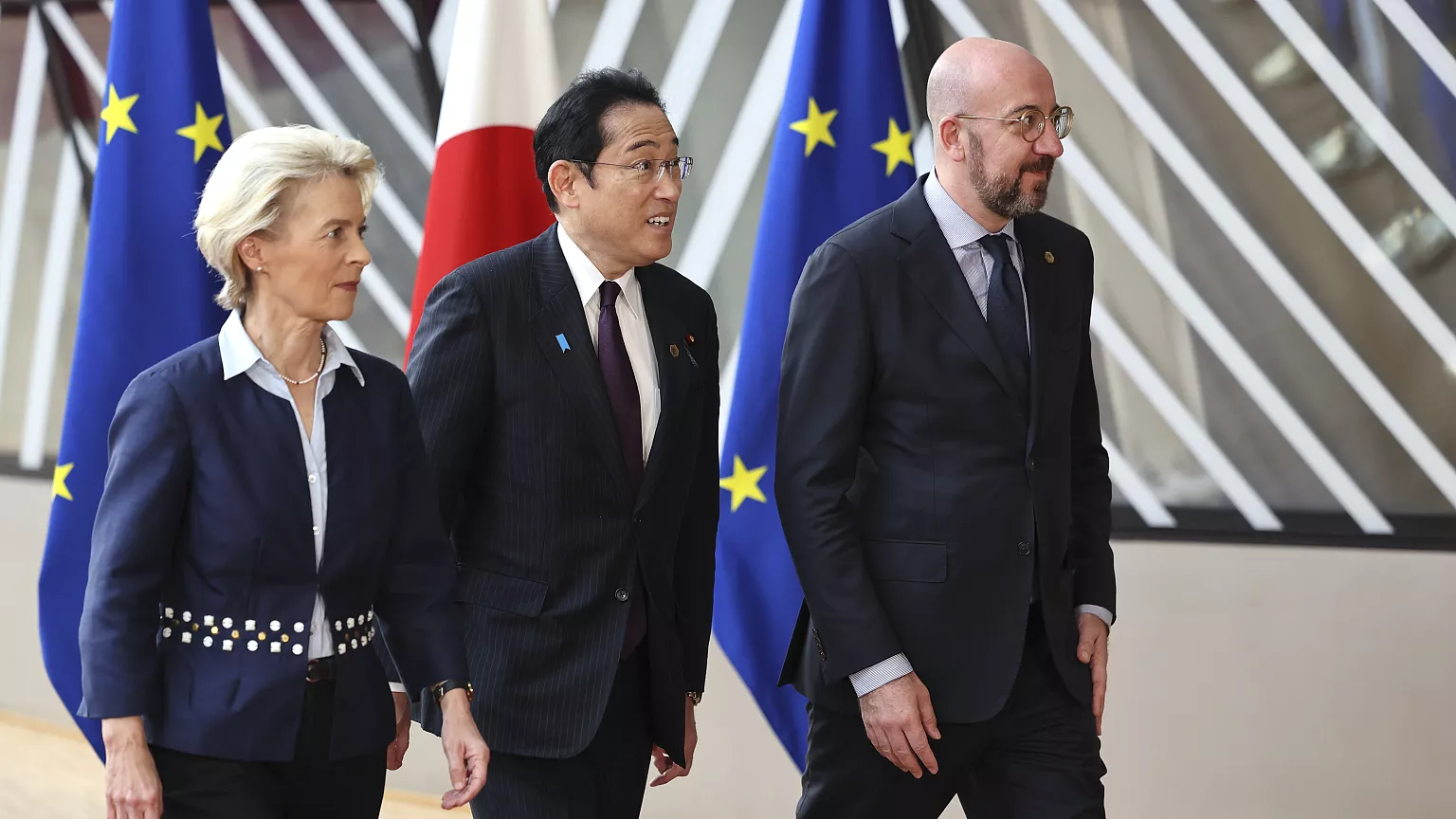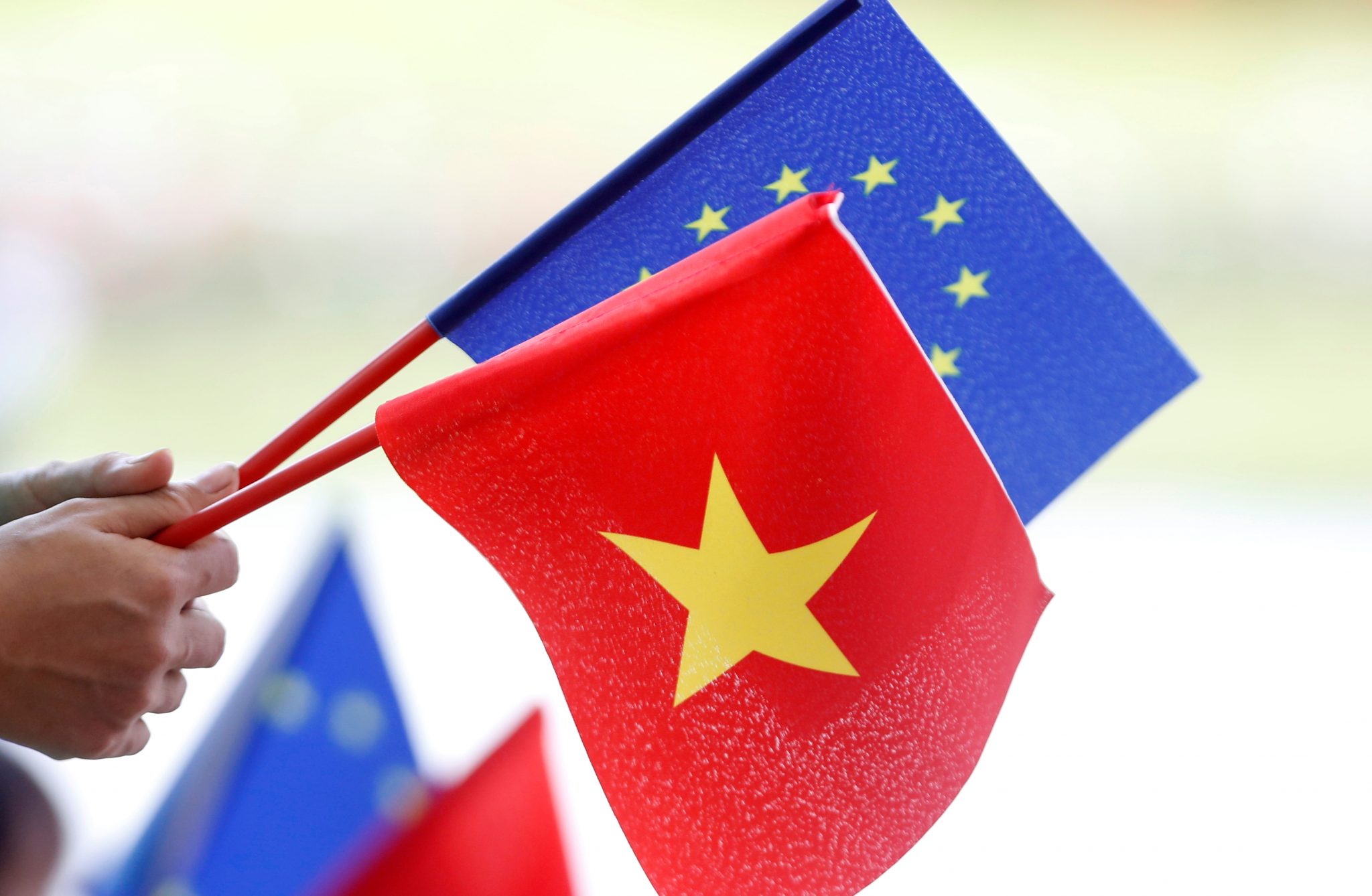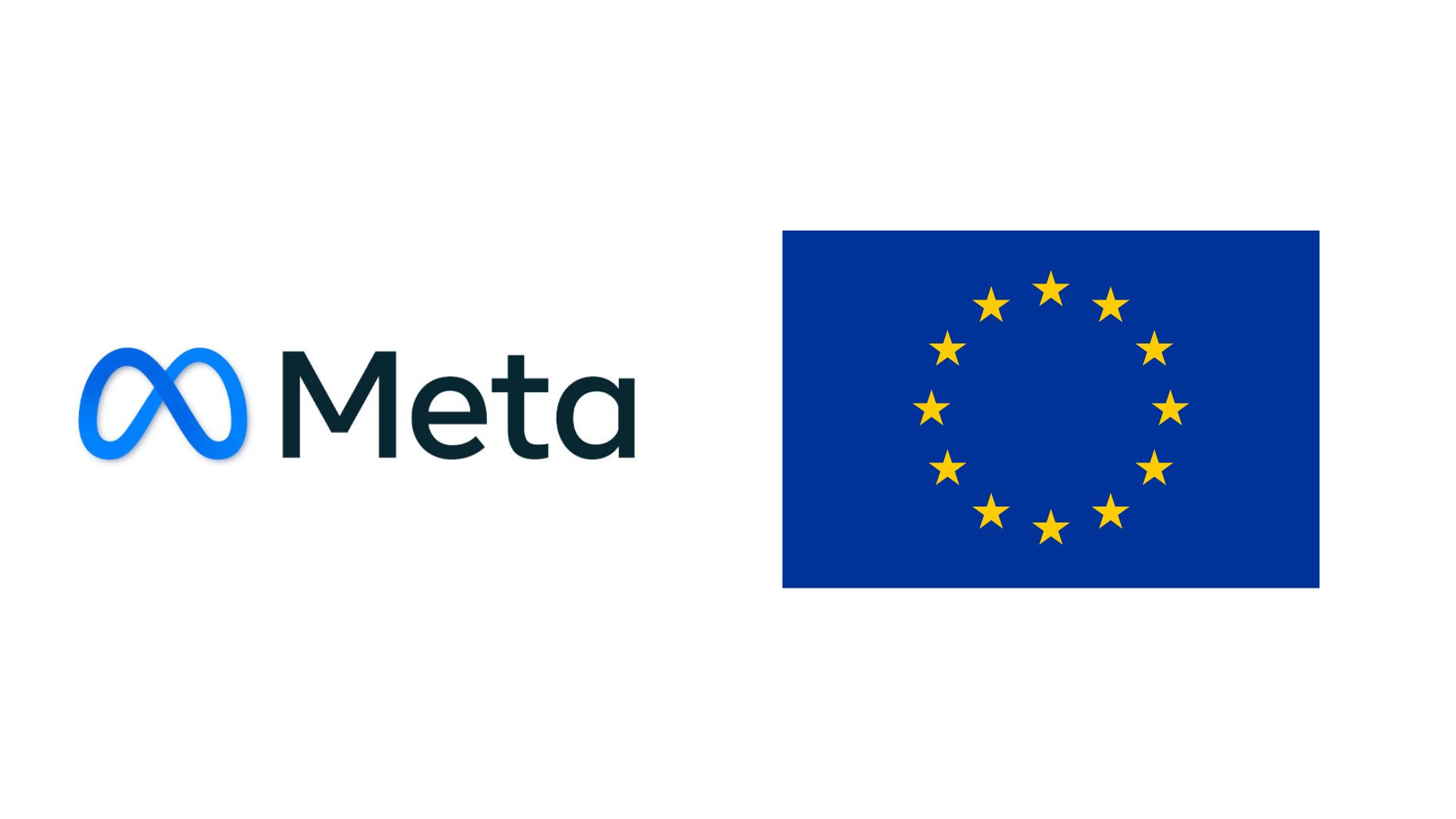Lawyers at William Fry say the EU’s final Code of Practice for general-purpose AI (GPAI) models leaves key questions unanswered. GPAI systems include models such as OpenAI’s GPT-4, Google’s Gemini, Anthropic’s Claude, and Meta’s Llama, trained on vast datasets for broad applications.
The Code of Practice, released last week, addresses transparency, safety, security, and copyright, and is described by the European Commission as a voluntary tool. It was prepared by independent experts to help GPAI developers comply with upcoming legal obligations under the EU AI Act.
In a statement on the firm’s website, William Fry lawyers Barry Scannell and Leo Moore question how voluntary the code truly is. They note that signatories not in full compliance can still be seen as acting in good faith and will be supported rather than penalised.
A protected grace period runs until 2 August 2026, after which the AI Act could allow fines for non-compliance. The lawyers warn that this creates a two-tier system, shielding signatories while exposing non-signatories to immediate legal risk under the AI Act.
Developers who do not sign the code may face higher regulatory scrutiny, despite it being described as non-binding. William Fry also points out that detailed implementation guidelines and templates have not yet been published by the EU.
Additional guidance to clarify key GPAI concepts is expected later this month, but the current lack of detail creates uncertainty. The code’s copyright section, the lawyers argue, shows how the document has evolved into a quasi-regulatory framework.
An earlier draft required only reasonable efforts to avoid copyright-infringing sources. The final version demands the active exclusion of such sites. A proposed measure requiring developers to verify the source of copyrighted data acquired from third parties has been removed from the final draft.
The lawyers argue that this creates a practical blind spot, allowing unlawful content to slip into training data undetected. Rights holders still retain the ability to pursue action if they believe their content was misused, even if providers are signatories.
Meanwhile, the transparency chapter now outlines specific standards, rather than general principles. The safety and security section also sets enforceable expectations, increasing the operational burden on model developers.
William Fry warns that gaps between the code’s obligations and the missing technical documentation could have costly consequences. They conclude that, without the final training data template or implementation details, both developers and rights holders face compliance risks.
Would you like to learn more about AI, tech and digital diplomacy? If so, ask our Diplo chatbot!










